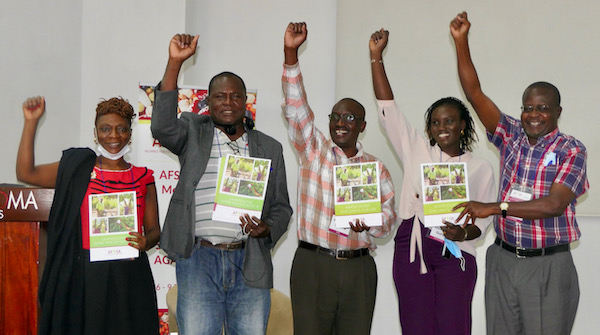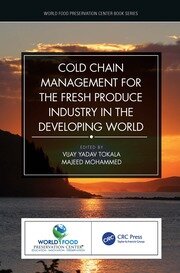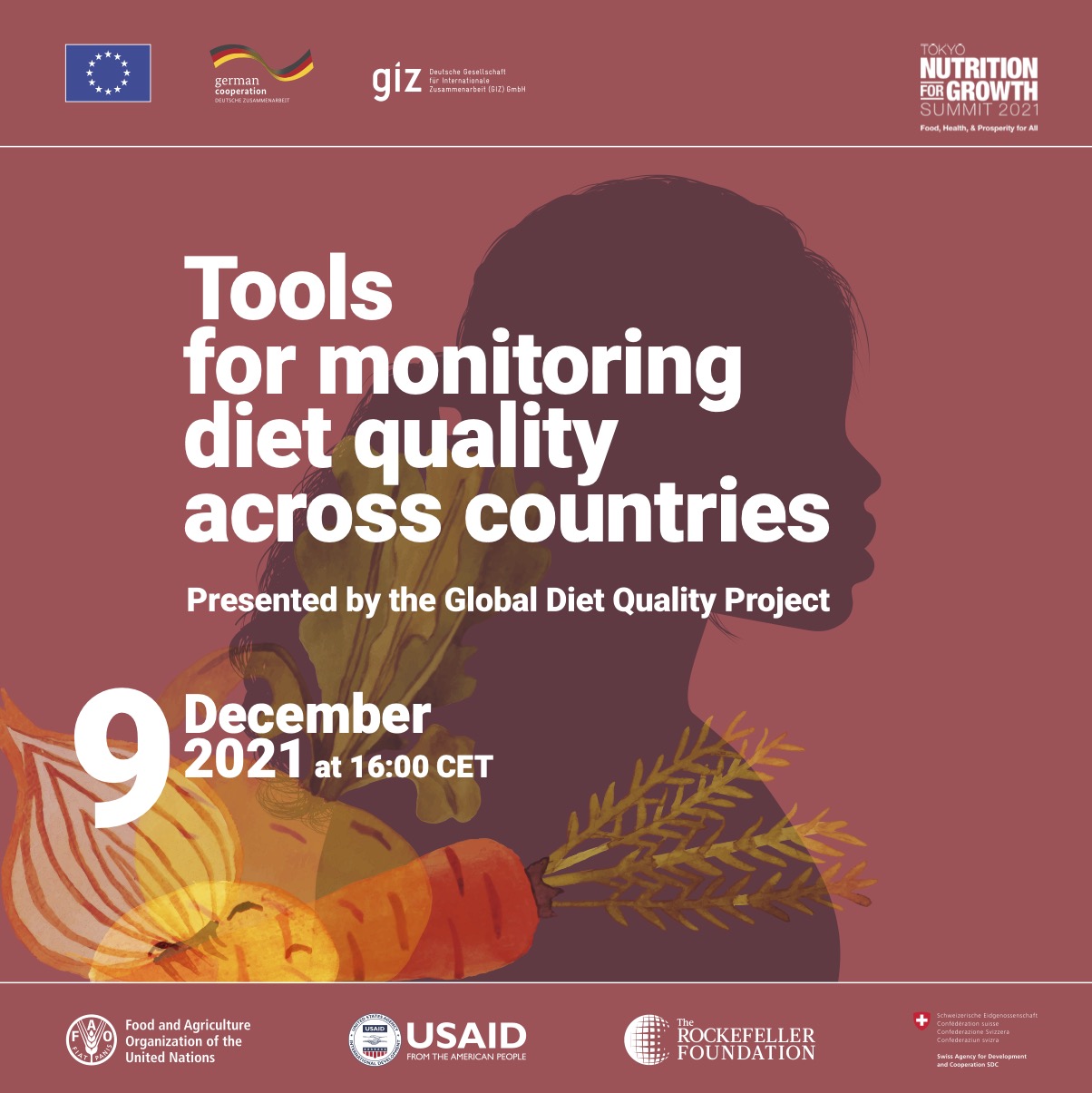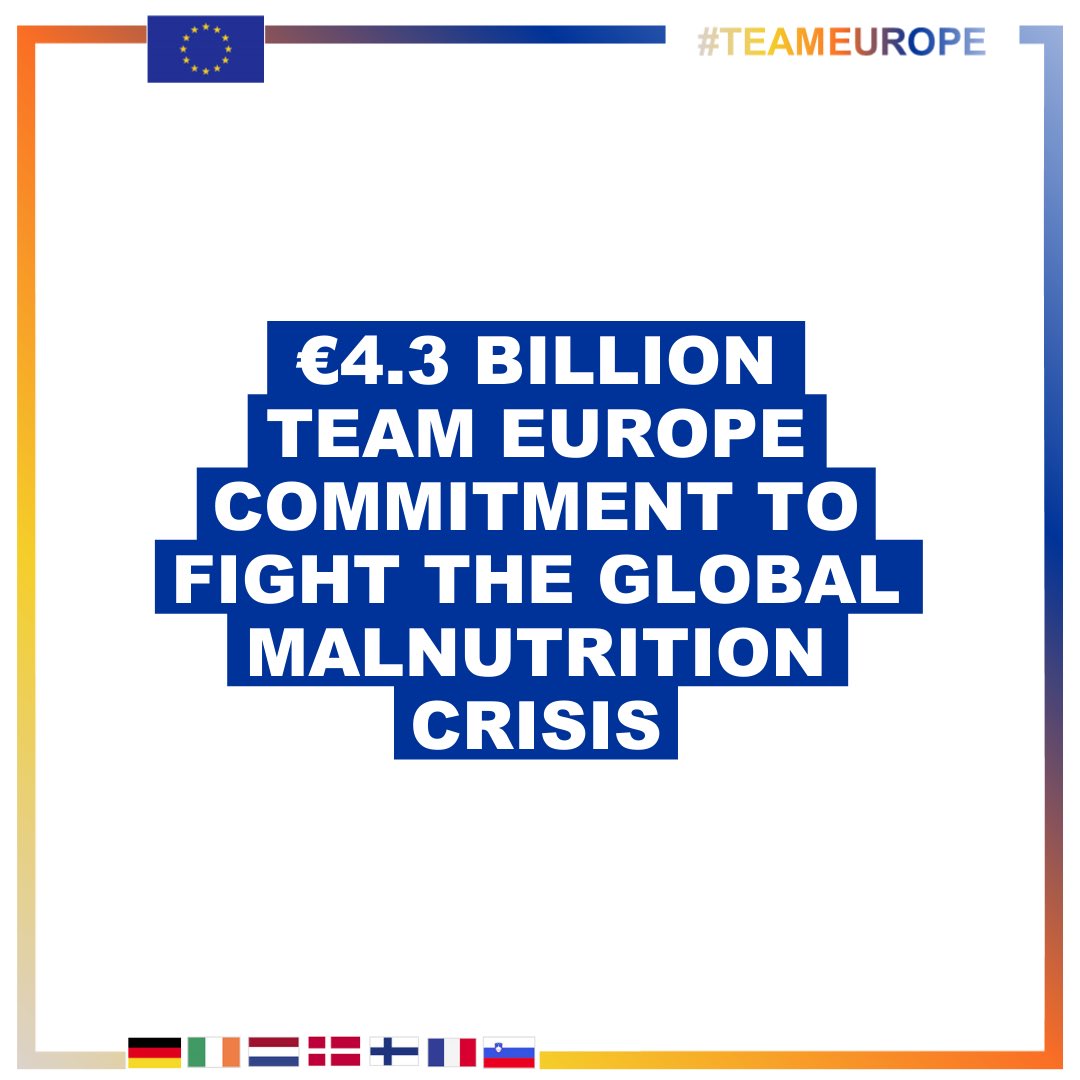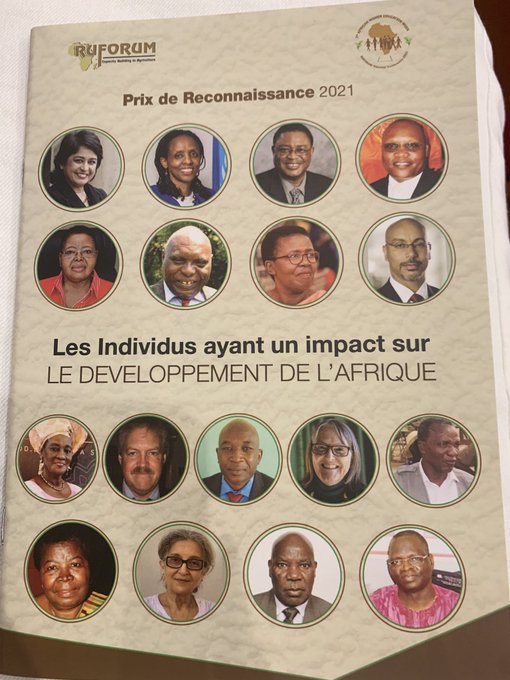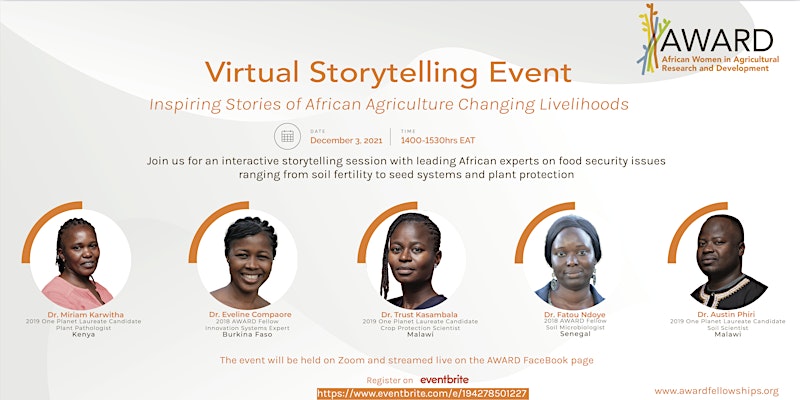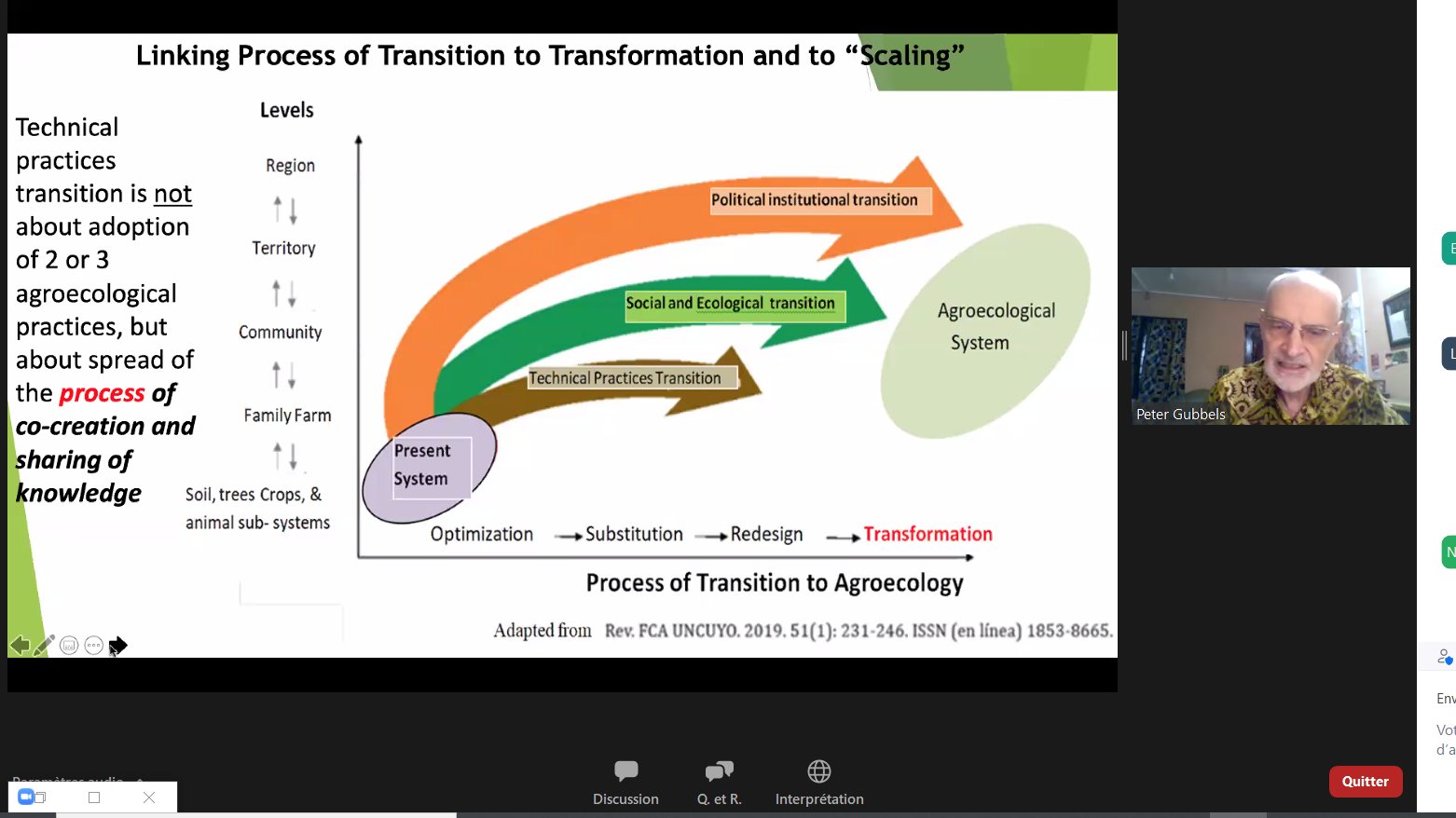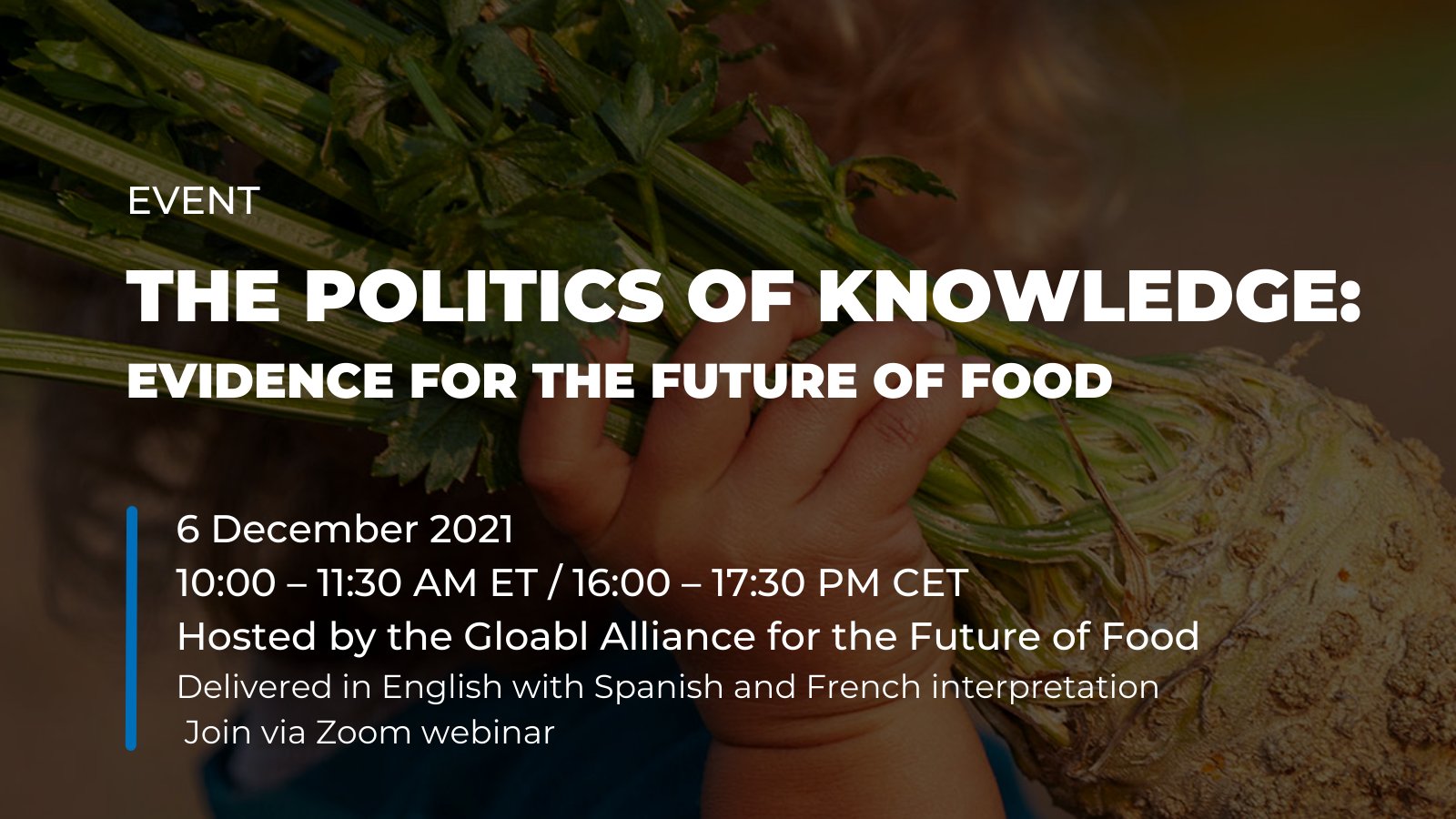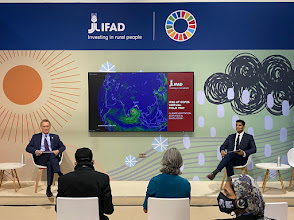- The Koronivia process. This is the Joint Work on Agriculture agenda of the UNFCCC process (abbreviated KJWA). A few years ago the decision was taken by the COP to address agriculture in the COP, as the agriculture sector affects climate change, while it is also extremely vulnerable to climate change. The past three COPs have included workshops and sessions in the context of the Koronivia process. This facilitated a constructive dialogue of parties, and addressed both mitigation and adaptation aspects. Parties are all very willing to include agriculture in future UNFCCC talks. These will be taken up to the next negotiation moments in respectively Bonn and Egypt (COP27).
- Nature is one of the key domains for the policy action agenda.(...) Nature, land use, and forest related topics were high on the agenda, a/o of the world leaders summit. In the formal negotiations some discussion on nature based solutions was part of the text, while some text on that was taken out again later in the negotiations. Nature based solutions were discussed, and the elimination of deforestation from agrichains.
- Important pledges were made: a/o the ‘Methan pledge’ (considered a quick win to win time to reduce GHG) and the ‘Deforestation pledge’.
- Egypt and other African countries will try to create a bigger profile for food systems and agriculture. The topic will gain more space on the agenda during the next COP27.
- There was not so much specific attention for the UN Food Systems Summit outcomes. Only in the Koronivia events some reference was made to the national pathways for the follow up to the UN FSS. Opportunity is to develop national pathways that combine climate and food action.
- FAO is developing a new Climate Change Strategy. This follows a/o the recommendations by FAO office of evaluation, see this link.
- Various coalitions of the willing are being formed at different speeds, amongst others because the overall negotiations are based on consensus, and these take time.
- Soilhealth was acknowledged as a key component in climate negotiation
- Many side events took place. For example on sustainable livestock and on saline agriculture. A complete day was dedicated to events on food systems and farming in the European pavilion.
Related PAEPARD blogpost: African agriculture @ COP
A selection of relevant materials
- The full meeting notes (6 p.) from the Dutch Network meeting are available to download here
- EU Side Events COP26 - Agriculture, land use, forestry YouTube channel of the European Commission EU Climate Action.
- High-level outcomes from the World Leaders Summit and presidency theme days of thetwo-week programme of COP26.
- Concluding media statement
- 12/11/2021 COP26 Sees Significant Progress on Issues Related to Agriculture
- 19/11/2021 Is Koronivia Joint Work on Agriculture shaping up to be a game changer at COP27?
- The World Bank and others launched the Food Systems, Land Use & Restoration Impact Program The Food Systems, Land Use and Restoration (FOLUR) Impact Program is based on the growing recognition that food production systems and land use must improve for the health of people, planet and economies. With financing of $345 million from the Global Environment Facility (GEF) and expected additional co-financing of over $2.7 billion, FOLUR promotes sustainable integrated landscapes and efficient food value chains at scale.
- CCAFS launched the Climate Shot campaign





